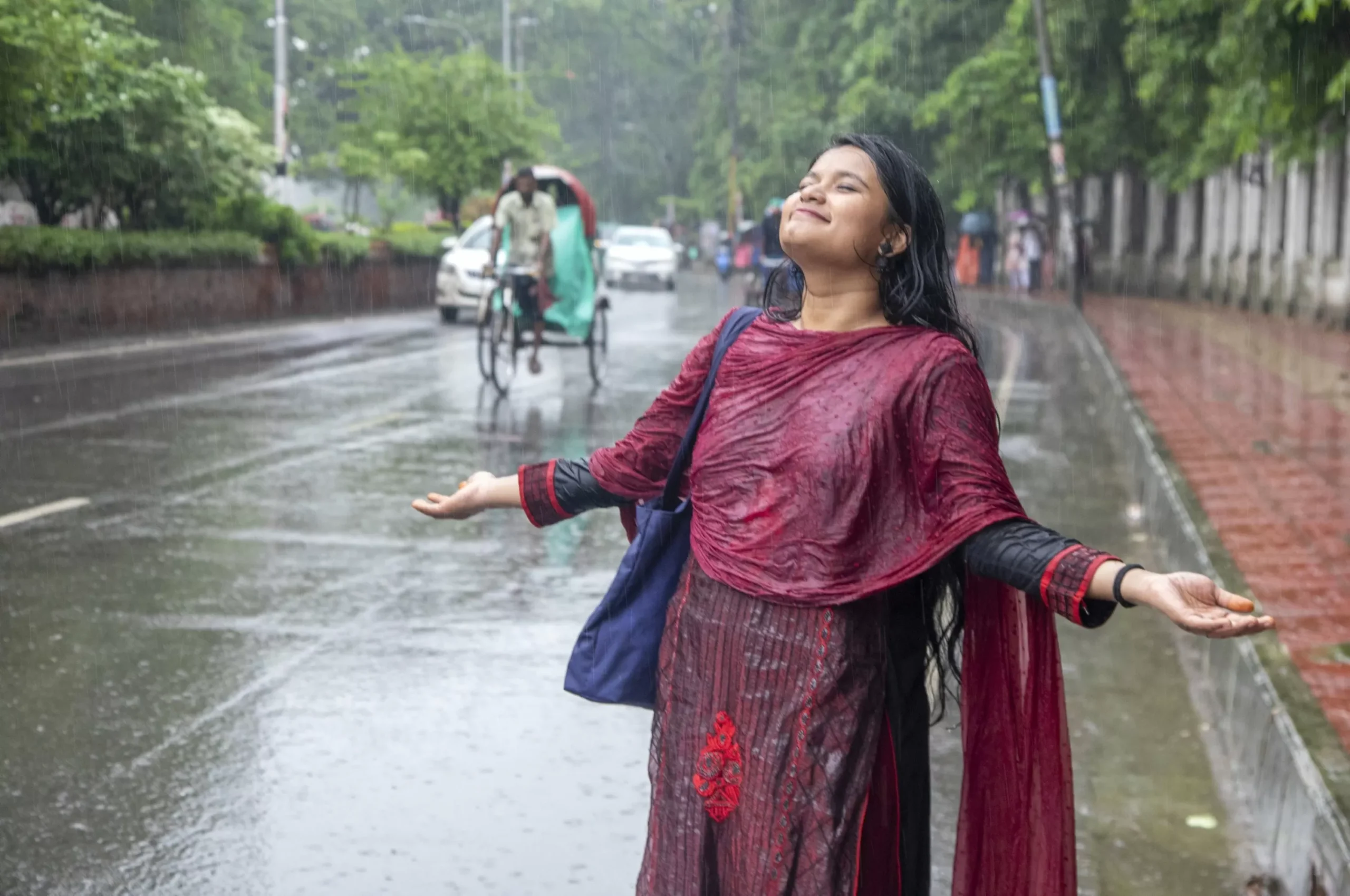Dhaka, the bustling capital of Bangladesh, is a city that never sleeps. Amidst the chaos of its streets, one can find a diverse range of workers, from rickshaw drivers to those toiling away in garment factories, all striving to make a living. However, these hardworking individuals are not only facing the challenges of their daily jobs, but also the harsh realities of the climate emergency. With torrential rains and blistering heat waves becoming the norm, the workers of Dhaka are facing an additional burden in their already difficult lives.
The effects of climate change have been felt globally, but in Dhaka, the impact is particularly severe. As one of the most densely populated cities in the world, the effects of climate change are amplified, particularly for the city’s workers. The monsoon season brings heavy rains, causing flooding and disrupting the daily routines of these workers. Many rickshaw drivers, who depend on their vehicles for their livelihood, are unable to work during these times, leaving them and their families struggling to make ends meet.
Moreover, the intense heat waves that have become more frequent in recent years are taking a toll on the workers’ health. The garment factory workers, who make up a significant portion of Dhaka’s workforce, often work in poorly ventilated factories with no access to clean drinking water. This makes them vulnerable to heat-related illnesses, such as heat exhaustion and dehydration. These workers are already facing long hours and low wages, and the added burden of extreme weather makes their lives even more challenging.
Despite these challenges, the workers of Dhaka continue to persevere. They are the backbone of the city, and their resilience in the face of adversity is admirable. The rickshaw drivers, who brave the flooded streets to transport people to their destinations, are essential in keeping the city moving. The garment factory workers, who work tirelessly to meet production demands, contribute significantly to the country’s economy. These workers deserve recognition and support for their hard work and resilience in the face of the climate emergency.
The government of Bangladesh has taken steps to address the effects of climate change, but more needs to be done to protect the city’s vulnerable workers. The development of sustainable infrastructure, such as better drainage systems and improved working conditions, is crucial in mitigating the impact of extreme weather on the workers. Additionally, educating the workers about the effects of climate change and providing them with necessary resources, such as protective gear and access to clean drinking water, can go a long way in safeguarding their well-being.
Individual efforts can also make a difference. Employers can implement measures to reduce their factories’ carbon footprint, such as using renewable energy sources. They can also provide their workers with necessary breaks and access to cooling areas during heat waves. Furthermore, consumers can play their part by supporting ethical and sustainable brands, which prioritize the well-being of their workers and the environment.
The workers of Dhaka are not just facing the consequences of the climate emergency; they are also among the most vulnerable to its effects. The situation is dire, but it is not hopeless. With collective efforts, we can make a positive impact and create a better future for these workers. Let us acknowledge and appreciate their hard work and resilience, and work towards a more sustainable and equitable future for all.
In conclusion, the workers of Dhaka are facing the stark realities of the climate emergency, enduring extreme weather conditions while striving to make a living. However, their determination and strength in the face of these challenges are commendable. As a society, we must come together to support and protect these workers, who play a crucial role in keeping the city running. It is time for us to take action and make a positive change for the betterment of these hardworking individuals and our planet.








